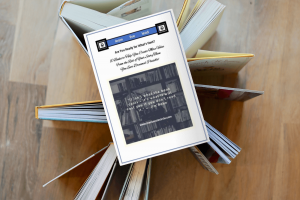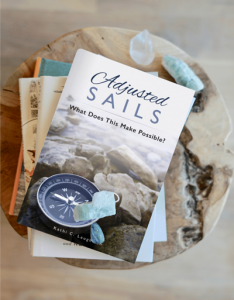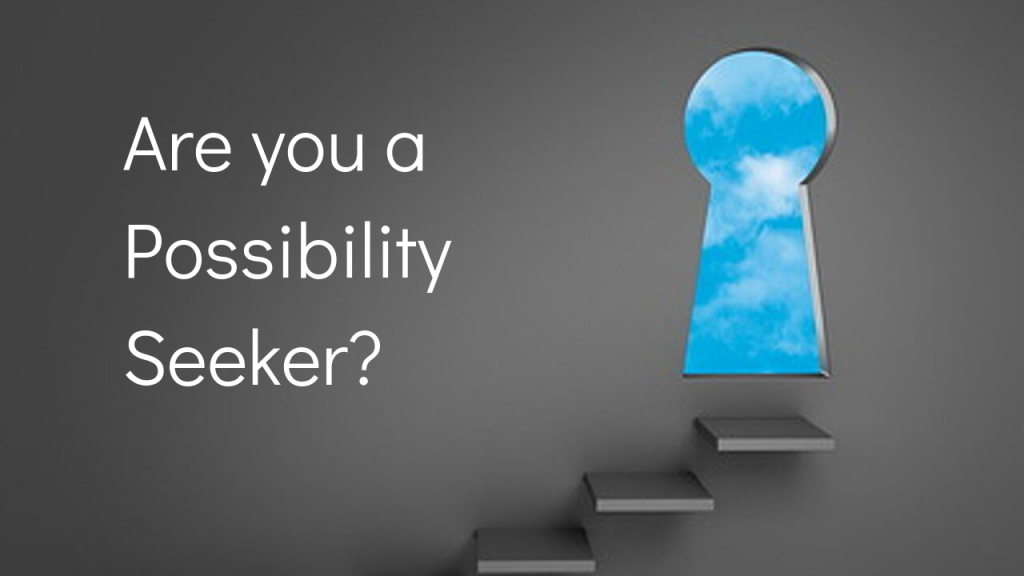 We all have our own value system that directs our thoughts and actions. Some of those values are inherited, some are the result of significant experiences and some have developed over time from study and observation. Jim Rohn, one of my early mentors, taught me that this is a key area for introspection and is at the heart of personal development. I agree. He taught it this way: Make certain that whatever you (think, believe, do) is the product of your own conclusion. Be a student but not a follower.
We all have our own value system that directs our thoughts and actions. Some of those values are inherited, some are the result of significant experiences and some have developed over time from study and observation. Jim Rohn, one of my early mentors, taught me that this is a key area for introspection and is at the heart of personal development. I agree. He taught it this way: Make certain that whatever you (think, believe, do) is the product of your own conclusion. Be a student but not a follower.
When I first heard that statement it was one of those epiphany moments for me on my own journey. I began re-examining much of my own core belief system. It wasn’t that there was anything essentially or fundamentally wrong with what I said I believed – the problem was that I needed to understand and affirm why those were my beliefs. And some of the beliefs changed.
Part of the changing had to do with how I defined values. I have come to think of it as my philosophy of life. We must be constantly growing and evolving in our philosophy. But the essence of that is this: Our philosophy is everything we know and have experienced (UP TO THIS POINT) boiled down to what we believe is important. What matters. It will show up in our actions – not just in our words. And it will influence every decision we make.
Here’s an exercise that will help you see how to work through this for yourself:
Step 1: Make a list of everything that is the essence of you – your talents, your abilities, your knowledge, anything valuable to you. There isn’t a definite number for the list but make sure you’ve captured everything. Make sure that these are about you and your life experience.
Step 2: Imagine that each of the items on your list are represented by coins in a bag that you carry.
Step 3: Imagine that you have started on a trip going to a destination that is very important to you – in fact is the most important place you believe you will ever visit in your lifetime.
Step 4: Now imagine that you have come to a door and there is a fee to pass through the door in order to continue on your journey. The fee for entry? 30% of your coins. You must decide first if you are willing to sacrifice any of your coins. And, if so, which coins you are willing to sacrifice in order to continue on your journey. What would you do? Which values would you release? Let’s assume you paid and continued…
Step 5: Your journey resumes and you begin to notice that the load you carry is lighter. Those coins don’t seem to be anything you miss. Interesting. You’re pleased with your decision.
Step 6: There’s another doorway ahead. And there is another fee. Just as before – you must sacrifice another 30% of the coins in order to continue. That’s 60% of your attributes, talents and things you value that you will have given up to get to that ultimate goal. Another decision. Do you make the sacrifice? If so, what are you willing to give up? Once again, the pull is great, let’s assume you continue..
Step 7: You start back on your journey but this time although the load is lighter, you begin to wonder what else might be in store. But the prospect of getting to your destination is powerful. And you continue on.
Step 8: Up ahead you see another door and your anticipation has no bounds. You just know this is it. You have arrived. But as you come to the door, the gatekeeper appears again and demands another 30%. But that will only leave you with 10% of your coins. Only 10% of what you value will remain. Are you willing to make that last sacrifice to get to the prize?
Far too many of us stop right here. We believe that last sacrifice demands too much. But what happens when we are willing?
Step 9: You decide on the last 30%, make the sacrifice and you pass through the door.
Step 10: You indeed have arrived. But with only those valuables (values) that truly matter. You are now free to move within that paradise destination unencumbered and uninhibited by all of the things collected over the years that in the grand scheme of things you realized were not important.
—————-
I go through this exercise now at least once a year. Why? Because my philosophy continues to change which means my values are changing. That means that I need to adjust my sights to stay in alignment with my values. I also check -in on that “dream destination” and make sure that my motivation levels are still strong and unwavering.
What is the value of values? If you don’t know what you value, you will always struggle because you will always be at the mercy of the values of others. You cannot give what you do not have. If you do not have values, you cannot give value. Making decisions becomes almost impossible. What basis do you use?
Knowing and protecting your values is a good starting place for change. For growth.
When the glass is full – is there room for more? Yes. But only if you make room for it.
Live today like you want tomorrow to be.







